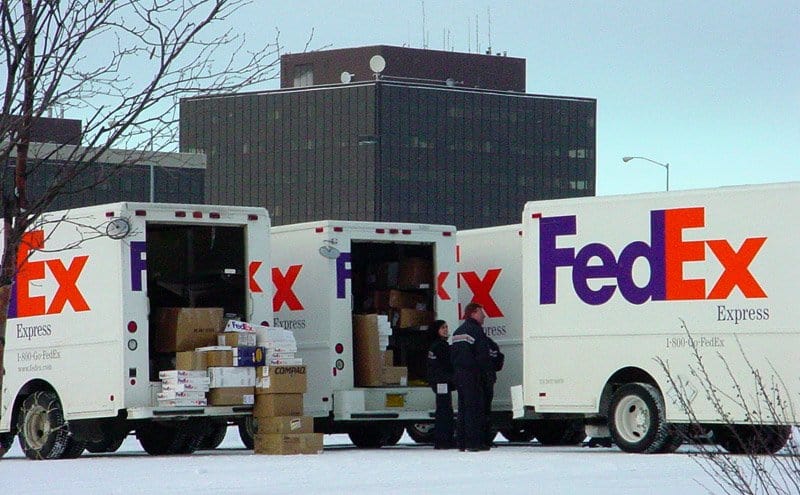The Guardian reports on efforts by FedEx, the second largest logistics company in the US, to thwart union organizing campaigns at its warehouses. FedEx spent $870,000 between 2014 and 2018 on union avoidance consultants, making it one of the top spenders on anti-union consultants in the country. According to records obtained by the Guardian, the company required its workers to sign into mandatory meetings held at FedEx facilities in 2015 and 2016, where workers were cautioned against joining the Teamsters union. The consultants and mandatory meetings seemed to have worked; only FedEx freight workers and pilots are currently unionized, and between 2014 and 2018 several warehouses around the country voted against unionization.
The WBNA and its union have agreed on an eight-year collective bargaining agreement that will increase player salaries and provide enhanced benefits. If the deal is ratified by WBNA team owners, it will triple salaries for the league’s top players, increase the average player salary to $130,000 (bringing it above six figures for the first time), and provide full salary during maternity leave, an annual child care stipend of $5,000, and up to $60,000 reimbursement for veteran players for costs directly related to adoption, surrogacy, and fertility treatment. The deal will also lift current restrictions on pay for WNBA players who work as coaches for affiliated NBA teams. The WNBA players’ union president, Nneka Ogwumike, envisions the deal as part of a broader effort to improve conditions for women workers, explaining that the union is “hoping to lift, not just women in sports and women in basketball, but women in society.”
Airbnb has announced that it will only use union construction labor for several real-estate developments that it plans to begin in the next three years. The announcement comes on the heels of successful campaigns by the Hotel Trades Council to limit Airbnb’s operation in New York and New Jersey, and may signal that the company is trying to strengthen its support from organized labor as more local governments move to curtail short-term rentals.
State legislative workers in Delaware have begun a union organizing drive that, if successful, would make Delaware the first state with a unionized legislative staff. Maine, where two small groups of legislative staffers are unionized, is the only other state with any unionized legislative employees. The Delaware staffers’ proposed unit would be affiliated with the American Federation of State, County and Municipal Employees (AFSCME) Council 81, and would include 42 staffers from across party lines, as well as two nonpartisan staffers who work for the Delaware House and Senate clerks. A majority of the legislative staffers have already signed union cards, and have requested voluntary recognition from state legislative leaders.






Daily News & Commentary
Start your day with our roundup of the latest labor developments. See all
February 18
A ruling against forced labor in CO prisons; business coalition lacks standing to challenge captive audience ban; labor unions to participate in rent strike in MN
February 17
San Francisco teachers’ strike ends; EEOC releases new guidance on telework; NFL must litigate discrimination and retaliation claims.
February 16
BLS releases jobs data; ILO hosts conference on child labor.
February 15
The Office of Personnel Management directs federal agencies to terminate their collective bargaining agreements, and Indian farmworkers engage in a one-day strike to protest a trade deal with the United States.
February 13
Sex workers in Nevada fight to become the nation’s first to unionize; industry groups push NLRB to establish a more business-friendly test for independent contractor status; and UFCW launches an anti-AI price setting in grocery store campaign.
February 12
Teamsters sue UPS over buyout program; flight attendants and pilots call for leadership change at American Airlines; and Argentina considers major labor reforms despite forceful opposition.